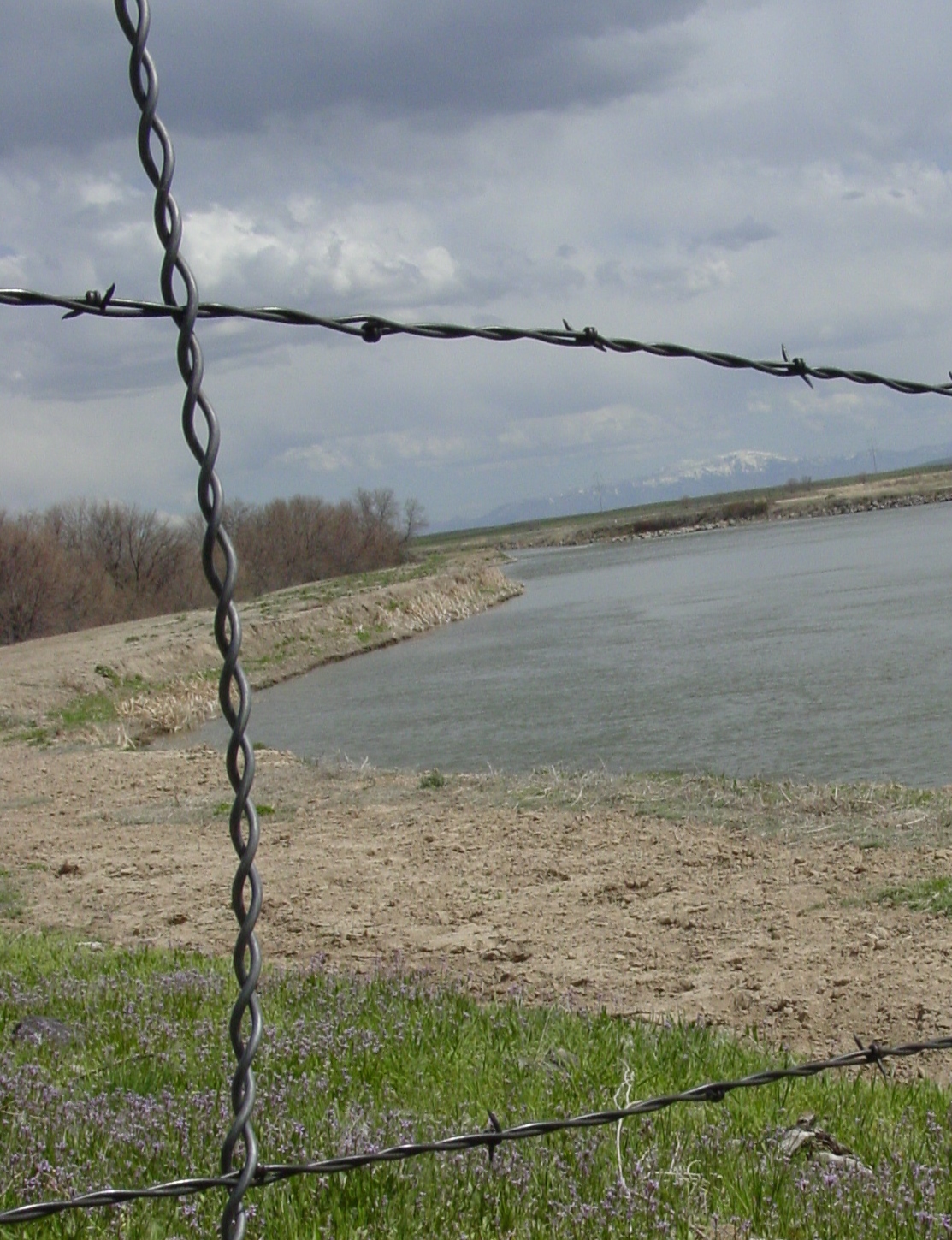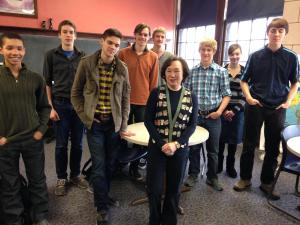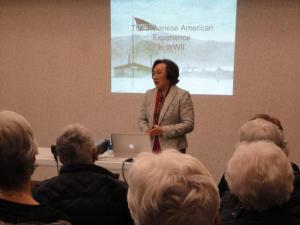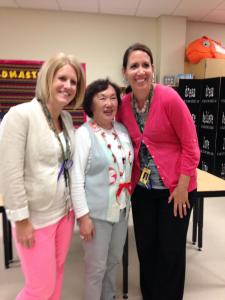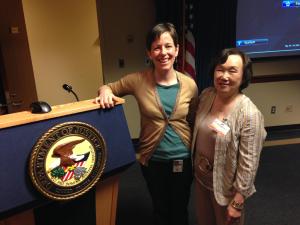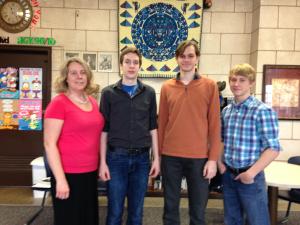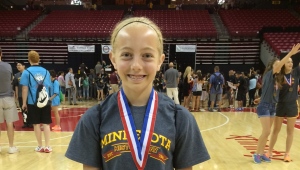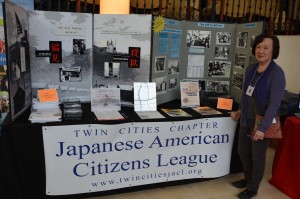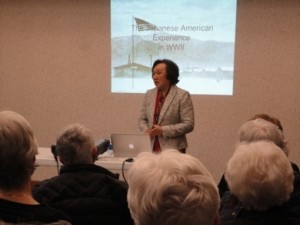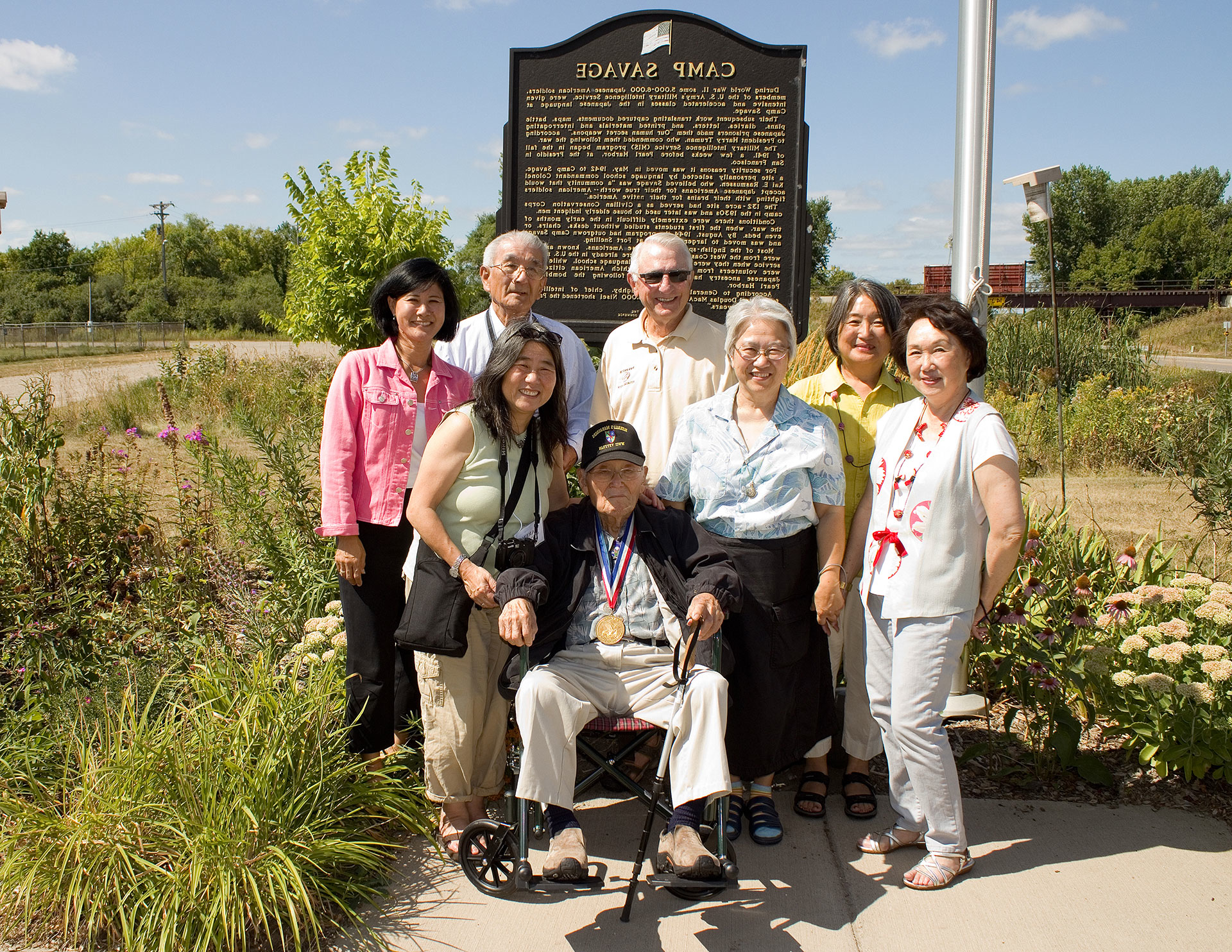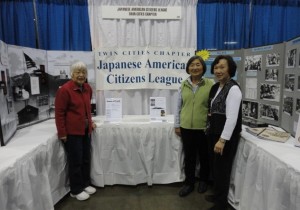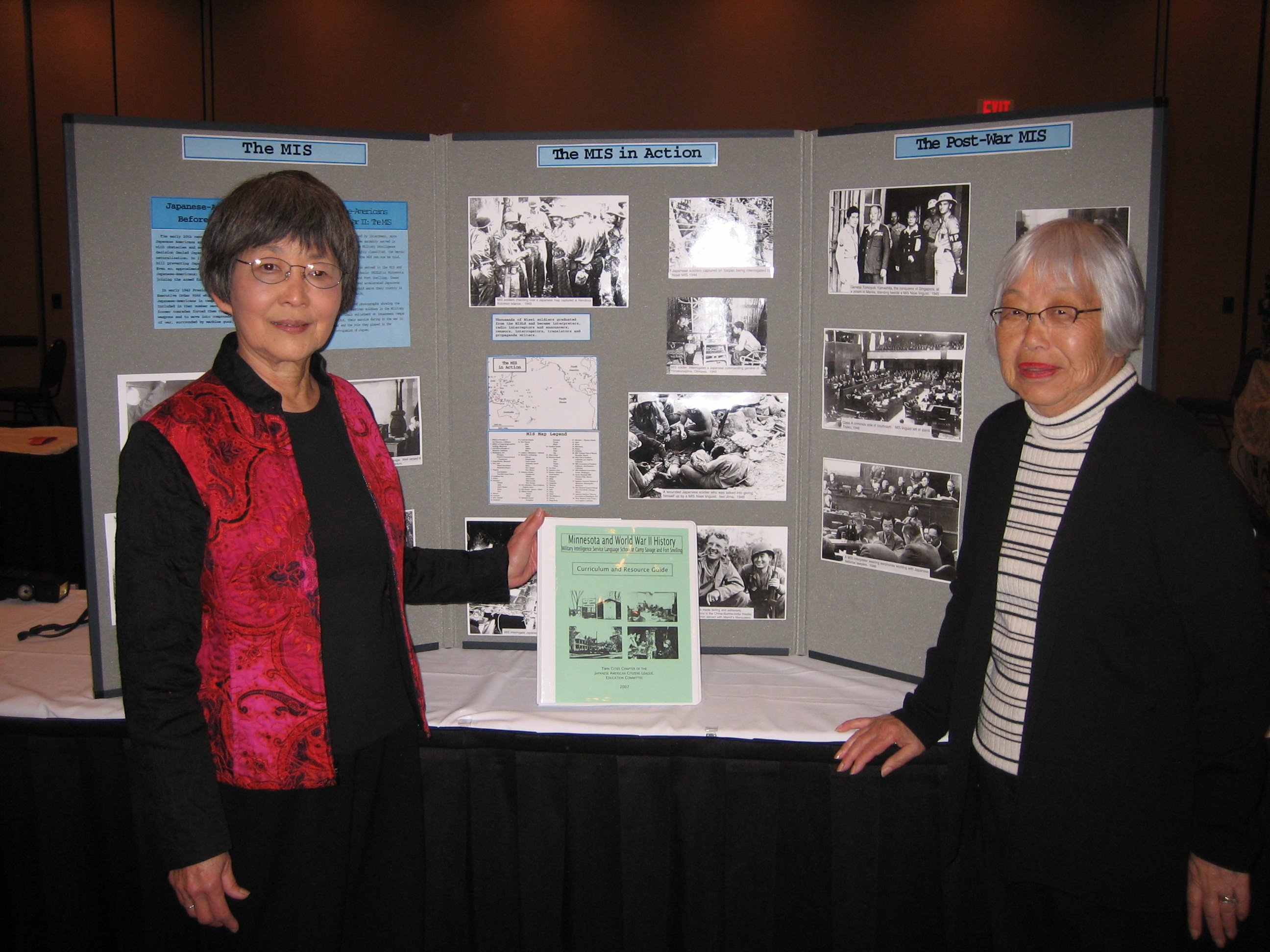With some of our membership getting on in years, retired curator Eric Saul, formerly with the Military Museum at the Presidio in San Francisco, suggested that the Twin Cities JACL help gather and preserve photographs, documents, newspaper articles, letters, printed program brochures, drawings, artwork, diaries, personal memorabilia, and other items related to the Japanese American experience before, during, and following World War II.
At a recent meeting with the Twin Cities JACL Education Committee to discuss bringing the “Go For Broke” exhibit to the Twin Cities that he curated at Ellis Island, Saul talked about the fact that with Nisei now in the process of downsizing, or having passed away, their children and grandchildren are faced with what to do with their belongings, many of them saved from the World War II era. He then mentioned that he has facilitated the donation of such artifacts from members of other Japanese American organizations to the Library of Congress, and said that he would be willing to help our chapter with this important process.
“These items are extremely valuable, and we need to ensure that they are preserved now before they are lost, damaged, or inadvertently thrown out,” advised Saul. “People previously did not know what to do with these documents and memorabilia, and now that there is a permanent place for them, they will continue to tell the story of the Japanese American World War II experience.”
Saul has investigated other possible options, and concluded that the Library of Congress is one of the best repositories for such artifacts. Unlike many other museums or libraries, the items are made available to the public at no cost, without copyright, which gives them the ability to be widely disseminated. Furthermore, there is a department set up specifically to preserve memories of WWI and WWII veterans, and appropriate items would become part of that special collection. Lastly, the artifacts are preserved in perpetuity in our nation’s library, so permanent access to all is assured.
Before the artifacts are donated to the Library of Congress, Saul said that he scans the items, then gives a copy to the family and to the organization. Artifacts can then be mailed or hand-delivered to the Library of Congress in Washington D.C. Once the items are received, a letter of acknowledgment is given to the donor.
Tentatively scheduled this April, Saul will be traveling to our nation’s Capitol to donate his extensive collection of photographs and archival materials. The items will be presented to the head of the Library of Congress and head of the Military Special Collections Department. Saul has invited members of our chapter who would also like to donate items to coordinate their visits with his, so that their artifacts can be presented at the same time. Alternatively, Saul offered to help organize a Twin Cities JACL group presentation in the future. If donors are not able to present their donations in person, Saul is also willing to hand-deliver them on their behalf.
In addition to passing the artifacts down and making them available to the families and Japanese American community, these items are important to the broader community for future education and research to learn about the Japanese American experience during World War II. Because the Japanese American community in Minnesota is unique, with Camp Savage and Fort Snelling being an influence on drawing Issei and Nisei to this area during and following World War II, artifacts from the Twin Cities JACL members would greatly enrich the collection in the Library of Congress.
“We encourage our members to look through basements, attics, closets, shelves, files, drawers, boxes, and other belongings for any items from pre-World War II, incarceration, and resettlement, such as photos, albums, newspaper clippings, letters, diaries, drawings, sketches, cartoons, and even clothing, handmade articles, and art pieces,” stated Sally Sudo, TC JACL Education Committee chair. “Even if you think the item isn’t important or worth saving, please check with us first before giving it away or tossing it out.”
Contact Sally Sudo at 952-835-7374 for more information about making donations to the Library of Congress.

